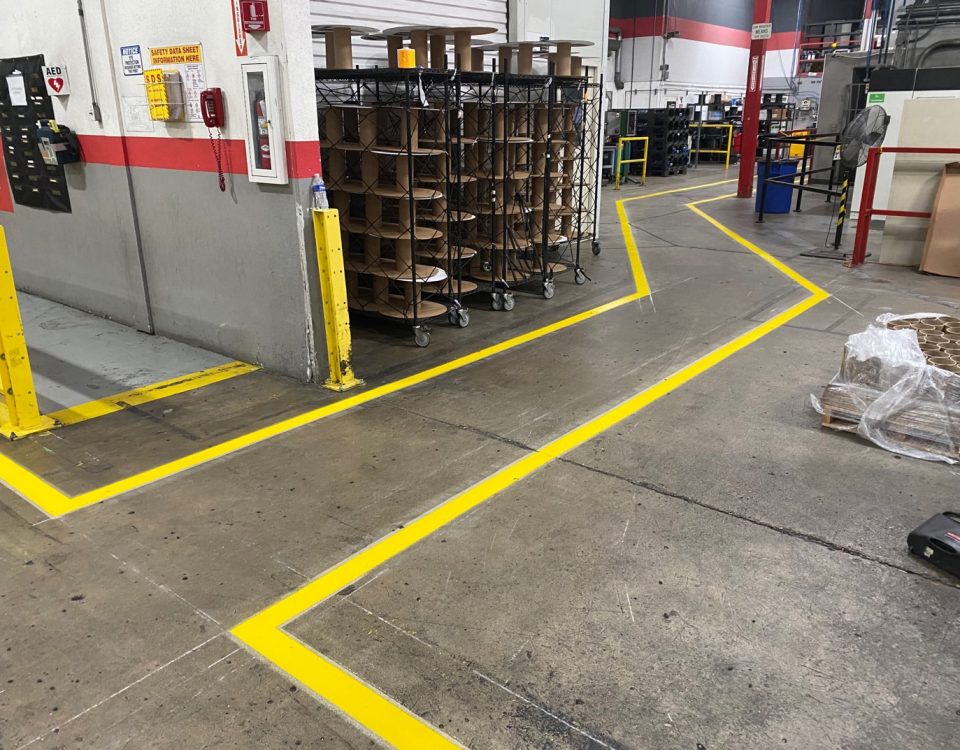
Enhancing Workplace Safety with Online Training: A Modern Approach to Compliance
July 18, 2022
Mitigating Risks in Manufacturing: Key Safety Standards and Violations
July 18, 2022
Enhancing Workplace Safety with Online Training: A Modern Approach to Compliance
July 18, 2022
Mitigating Risks in Manufacturing: Key Safety Standards and Violations
July 18, 2022On March 1, 2018, a groundbreaking ruling by the Court of Quebec set a precedent for enforcing occupational health and safety regulations through criminal law. An excavation contractor was convicted of manslaughter after a tragic workplace accident, marking a pivotal moment in the legal treatment of safety compliance failures. This case serves as a critical reminder of the severe consequences for neglecting workplace safety standards.
The Tragic Incident and Safety Violations
In April 2012, during a sewer line replacement project, a series of safety lapses led to a fatal trench collapse. The contractor and his team failed to comply with essential safety practices, including:
- Improper Trench Support: Neglecting to slope the trench walls and install proper shoring.
- Mismanagement of Materials: Incorrect placement of excavated materials near the trench.
These actions directly violated the Quebec Safety Code for the Construction Industry and the Act Respecting Occupational Health and Safety, resulting in the loss of life and triggering criminal charges.

Legal Proceedings and the Importance of Compliance
During the preliminary inquiry, the contractor faced charges of manslaughter and criminal negligence. This phase highlighted the significance of legal compliance in high-risk industrial work, where safety measures are not just recommendations but legal obligations.
Key safety mandates under Quebec’s regulations include rigorous procedures for trench excavation to protect workers and mitigate risks. The contractor's failure to meet these standards underscored the gravity of non-compliance, ultimately bringing the case to trial.
Trial Outcomes: A Sobering Reminder for Employers
At trial, discrepancies in the contractor's testimony further eroded his defense, leading the court to infer illegal conduct from his failure to meet safety obligations. The resulting conviction emphasized:
- Criminal Accountability: Non-compliance with safety laws can constitute grounds for manslaughter charges.
- Inescapable Responsibility: The court demonstrated a firm stance on the legal duty to ensure workplace safety.
This case underscores the interconnectedness of occupational safety compliance and criminal liability, with implications for employers and contractors across industries.
Implications Across Canadian Jurisdictions
This decision has far-reaching ramifications, reinforcing the need for safety compliance as an integral part of workplace operations. It raises critical questions about the application of similar legal principles in other Canadian provinces, each governed by distinct health and safety regulations. The ruling serves as a stark reminder that adherence to these standards is paramount, as demonstrated by related cases, such as the mandatory use of hard hats upheld by the Quebec Superior Court.
Prioritizing Safety: Lessons Learned
The Court of Quebec’s ruling sends an unequivocal message: workplace safety is not optional, and the legal consequences of neglect are severe. For employers, the decision highlights the critical importance of implementing and enforcing comprehensive safety measures to protect workers and avoid devastating legal and human costs.
Protect your workplace and ensure compliance with top-tier safety products and solutions from EZSecur. Explore our offerings at www.ezsecur.com.





